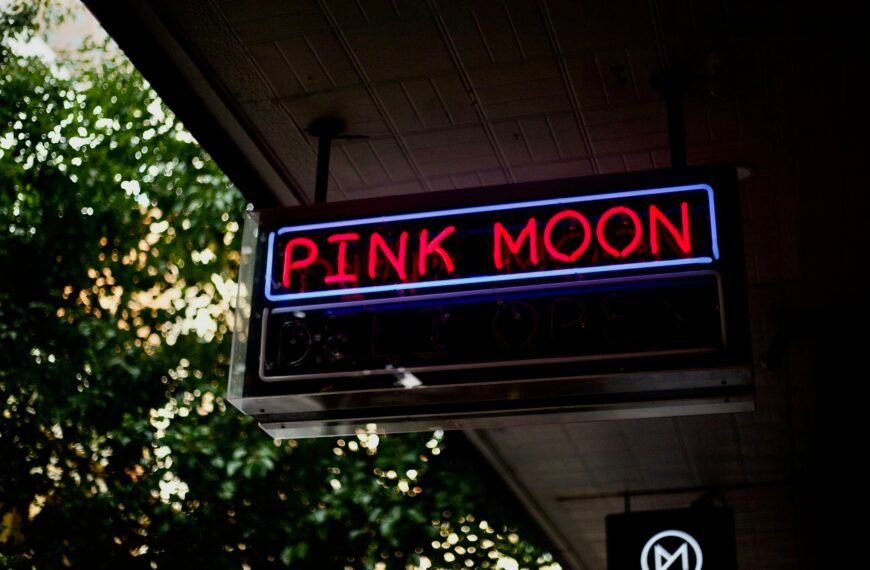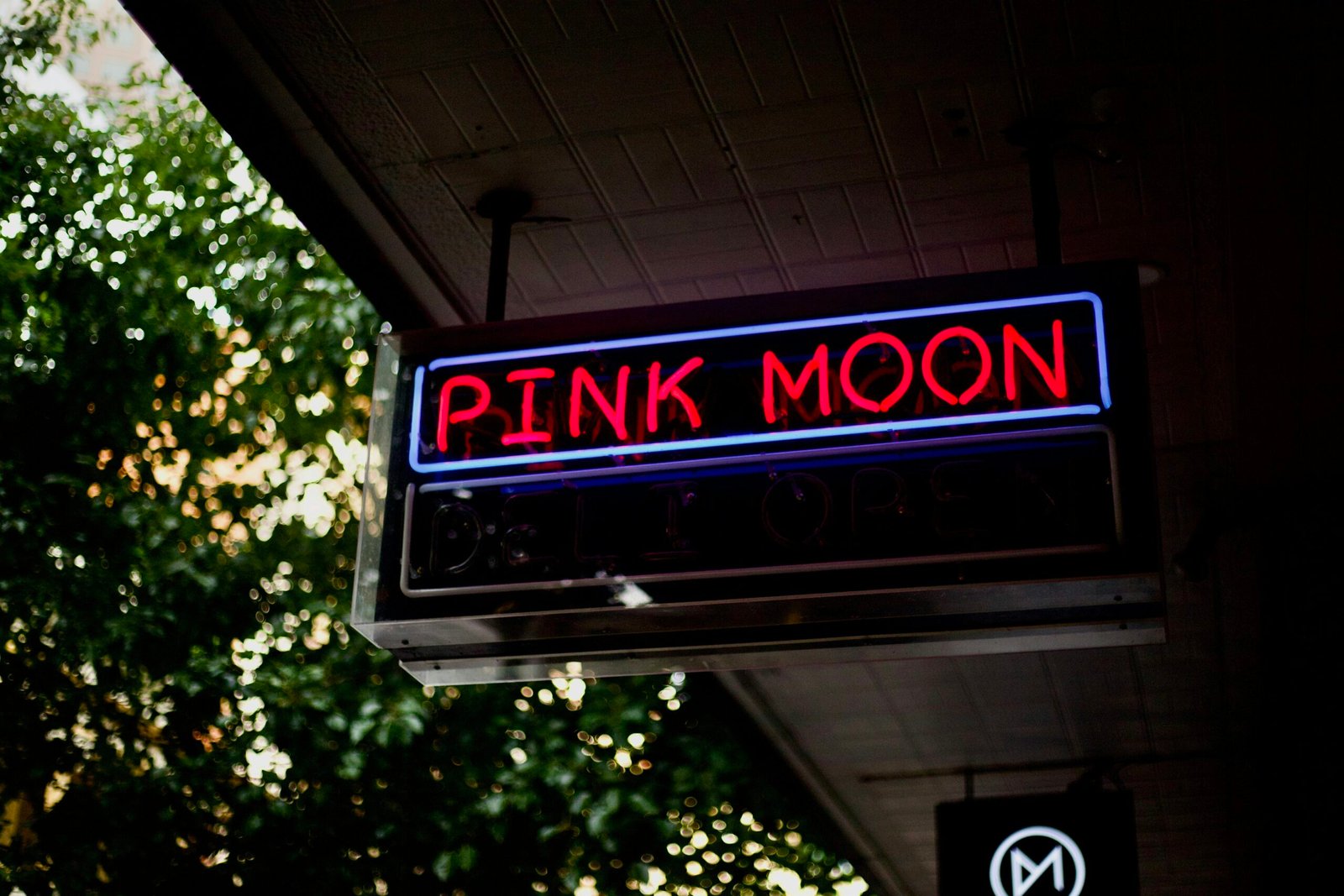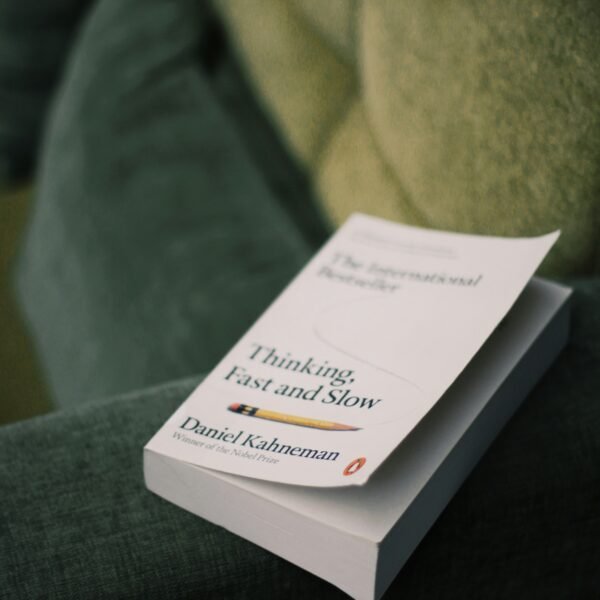In a recent court filing, the Art Institute of Chicago vehemently denied allegations that an important Egon Schiele drawing in their collection was looted by the Nazis. The drawing, titled “Russian War Prisoner,” has been sought after by the heirs of collector Fritz Grünbaum, who was killed in a Nazi concentration camp. However, the museum argued that there is no evidence to support these claims, stating that the artwork had passed legitimately from Grünbaum to his sister-in-law and was later sold to a Swiss dealer. The Art Institute of Chicago has provided extensive evidence and research to refute the allegations, and they continue to advocate for their lawful ownership of the piece.
Chicago Museum Denies Nazi Looting of Artwork
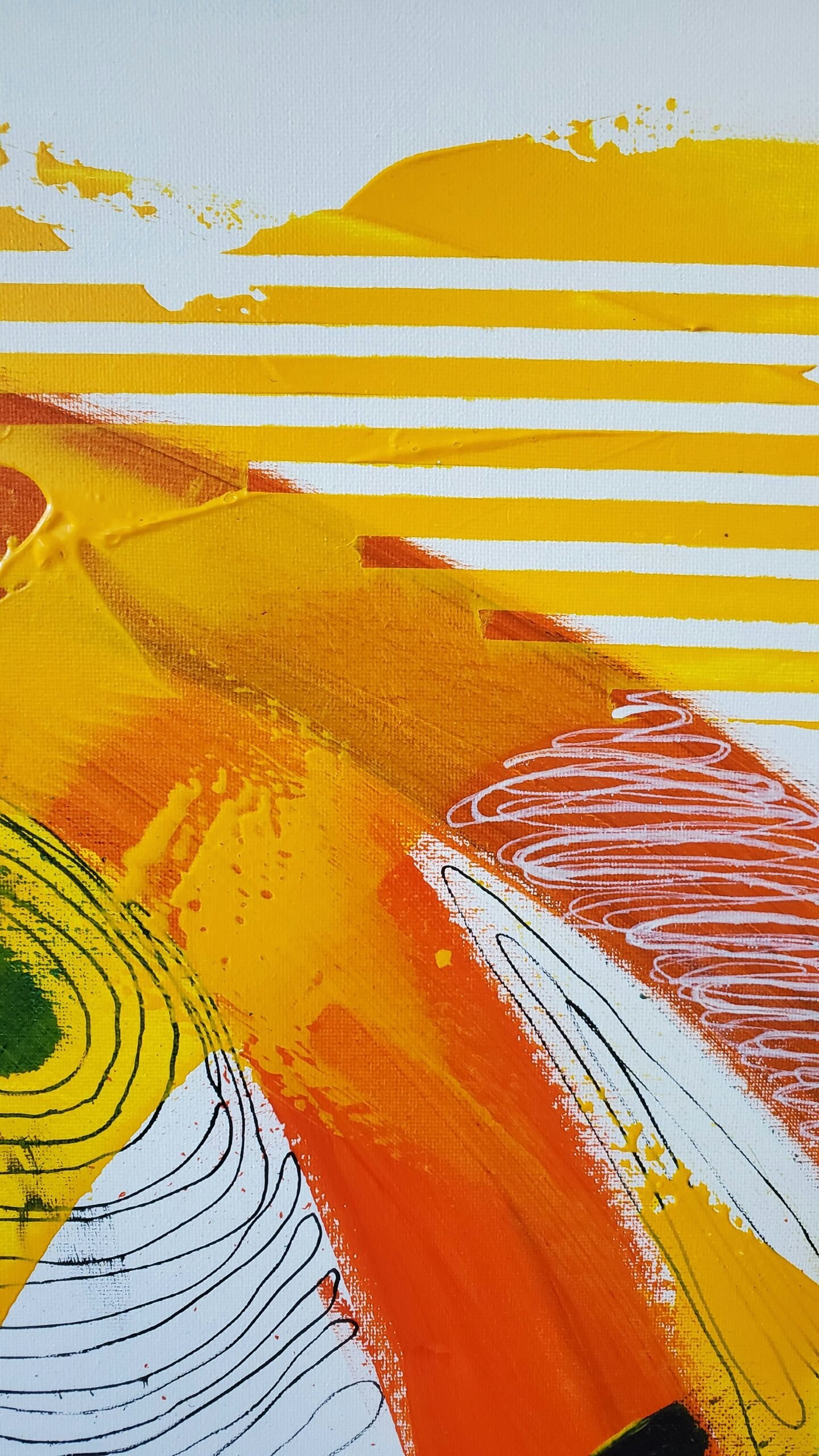
Background information on the case
The Art Institute of Chicago finds itself embroiled in a legal battle over an Egon Schiele drawing in its collection. The drawing in question, titled “Russian War Prisoner,” was purchased by the museum in 1966. However, the heirs of collector Fritz Grünbaum, a Jewish cabaret entertainer from Vienna who was murdered in a Nazi concentration camp in 1941, claim that the artwork was looted by the Nazis during World War II. The Manhattan district attorney’s office has accused the museum of ignoring evidence of Nazi theft, prompting the museum to provide a strong defense against these allegations.
The drawing in question
“Russian War Prisoner” is an Egon Schiele drawing from 1916. Schiele was an Austrian artist known for his expressionistic style. The drawing depicts a prisoner of war, reflecting the tumultuous time period in which it was created. It is highly sought after by art collectors and enthusiasts alike due to its historical significance and artistic merit.
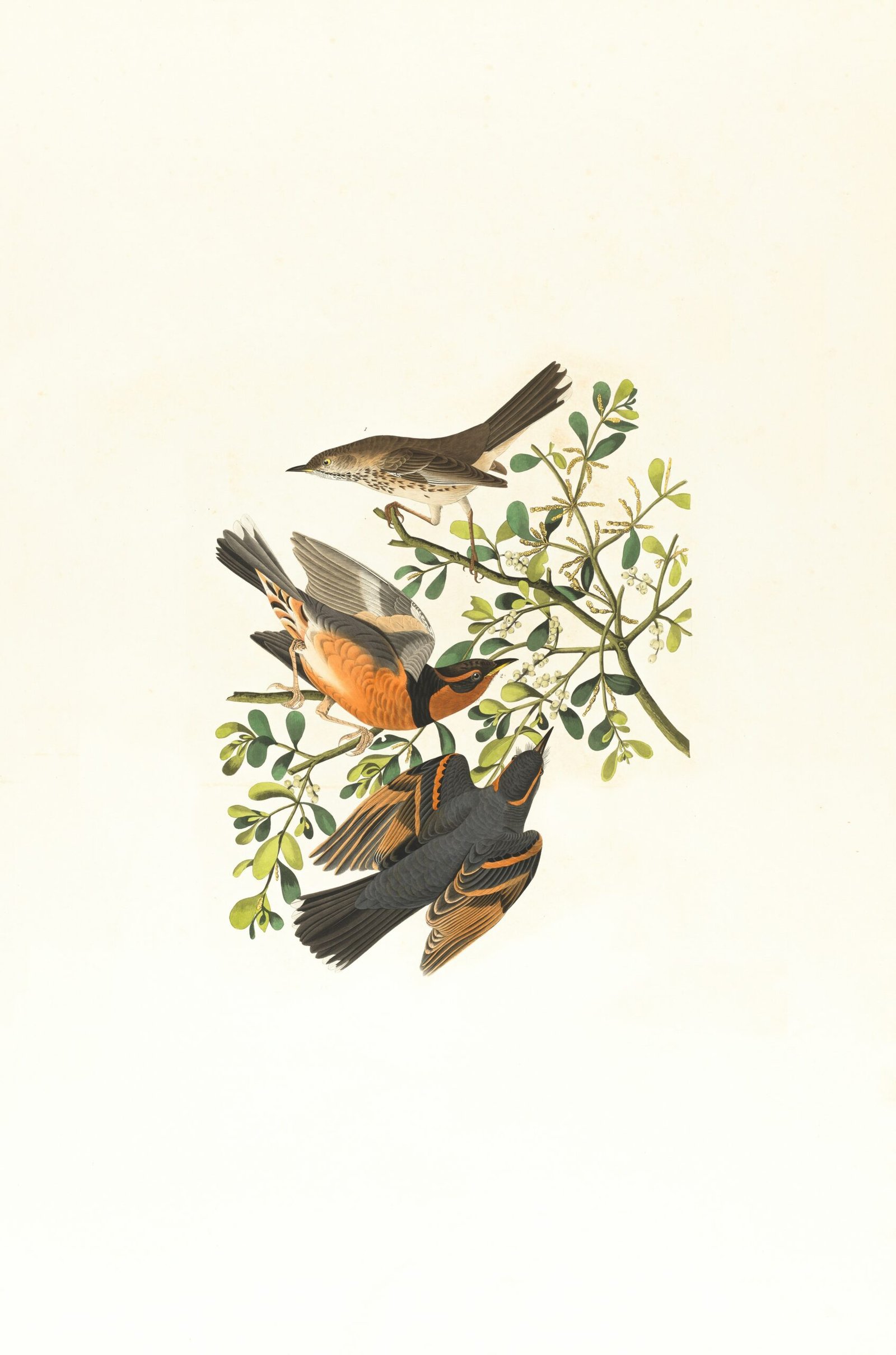
Accusations from Manhattan prosecutors
In February, the Manhattan district attorney’s office filed a court document accusing the Art Institute of Chicago of ignoring evidence of Nazi looting in relation to the Schiele drawing. The prosecutors alleged that an elaborate fraud was undertaken to conceal the fact that the artwork had been stolen by the Nazis on the eve of World War II.
Museum’s response and argument
The Art Institute of Chicago has strongly denied the accusations made by the Manhattan prosecutors. In a 132-page court filing, the museum asserted that there is no evidence to support the claim that the artwork was ever physically seized by the Nazis. The museum argued that the drawing had legitimately passed from Fritz Grünbaum to his sister-in-law, who sold it to a Swiss dealer after the war in 1956. The museum’s response highlights the extensive evidence, documentation, and research that refutes the allegations made against them.
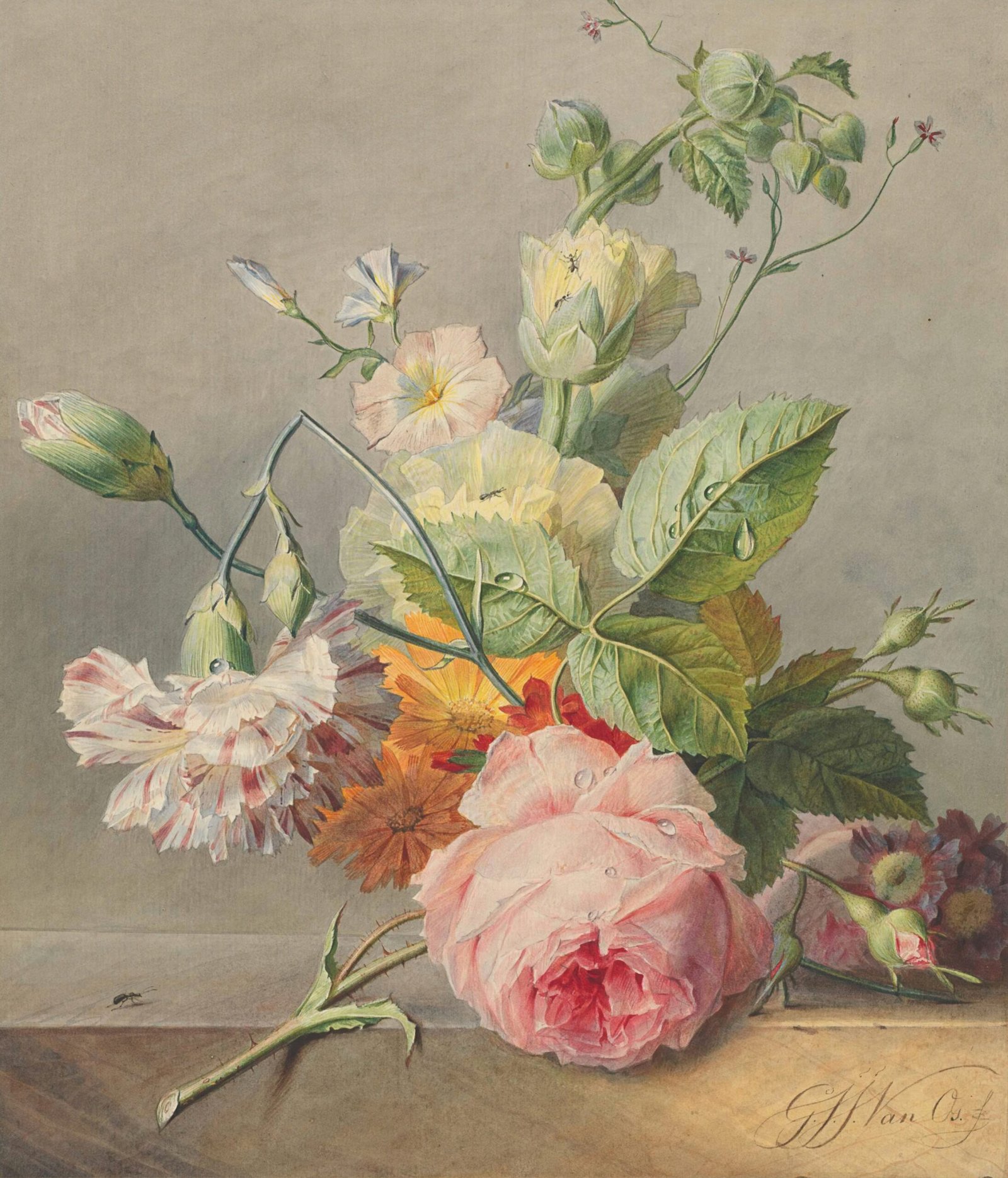
Evidence of legitimate acquisition
The Art Institute of Chicago has provided specific details regarding the legitimate acquisition of “Russian War Prisoner.” The museum’s evidence includes documentation showing the transfer of ownership from Fritz Grünbaum to his sister-in-law and the subsequent sale to a Swiss dealer. Through research and careful analysis, the museum has been able to establish a clear chain of ownership that proves the legality of their acquisition.
Refutation of Nazi looting claim
The museum’s court filing firmly refutes the claim that the artwork was looted by the Nazis. According to the Art Institute of Chicago, there is no evidence whatsoever to support this allegation. They argue that the lack of physical seizure by the Nazis is a crucial factor in establishing the legitimacy of their ownership. The museum stands by its position that “Russian War Prisoner” was legally acquired and should remain in their collection.
Public statement from Art Institute
Megan Michienzi, the executive director of public affairs at the Art Institute of Chicago, issued a separate statement regarding the case. Michienzi emphasized the museum’s commitment to providing detailed evidence that refutes the Manhattan district attorney’s allegations. She stated that the evidence clearly demonstrates that the artwork was never looted and was legally acquired. The Art Institute of Chicago is determined to advocate for their lawful ownership of “Russian War Prisoner.”
Verification and access process
While we verify your access to the full article, we appreciate your patience. Once your access has been confirmed, you will be able to read the entirety of the article that dives deeper into the Chicago Museum’s case. We understand the importance of being able to access information, and we strive to make the verification process as seamless as possible for our readers.
Subscription options for full article
If you are not already a subscriber, we invite you to subscribe to gain access to the full article and other comprehensive coverage from The New York Times. Subscribers enjoy unlimited reading and stay up-to-date with the latest news and developments across various industries. Join our community of informed readers and gain valuable insights into the world’s events and stories.
Contact information for inquiries
If you have any inquiries regarding the Chicago Museum’s case or any other related matters, we encourage you to reach out to us. Our dedicated team is here to provide assistance and address any concerns you may have. You can contact us through the provided channels, whether it be by phone, email, or visiting our website. We value your engagement and are ready to provide the information you need.

